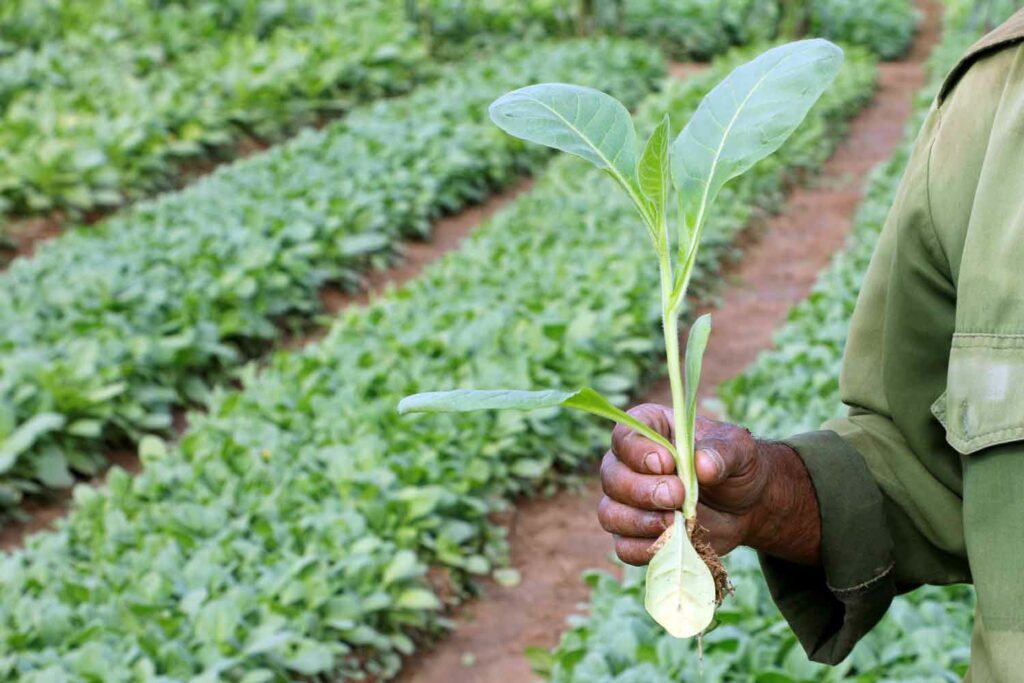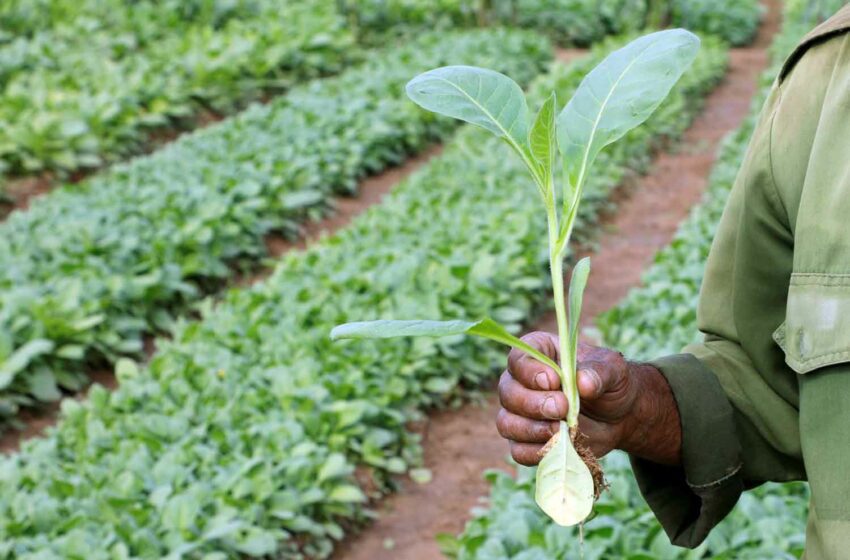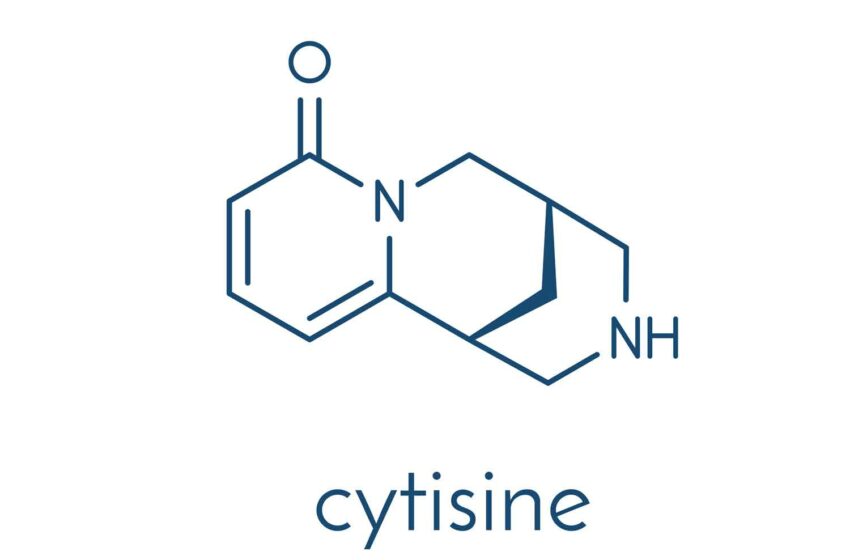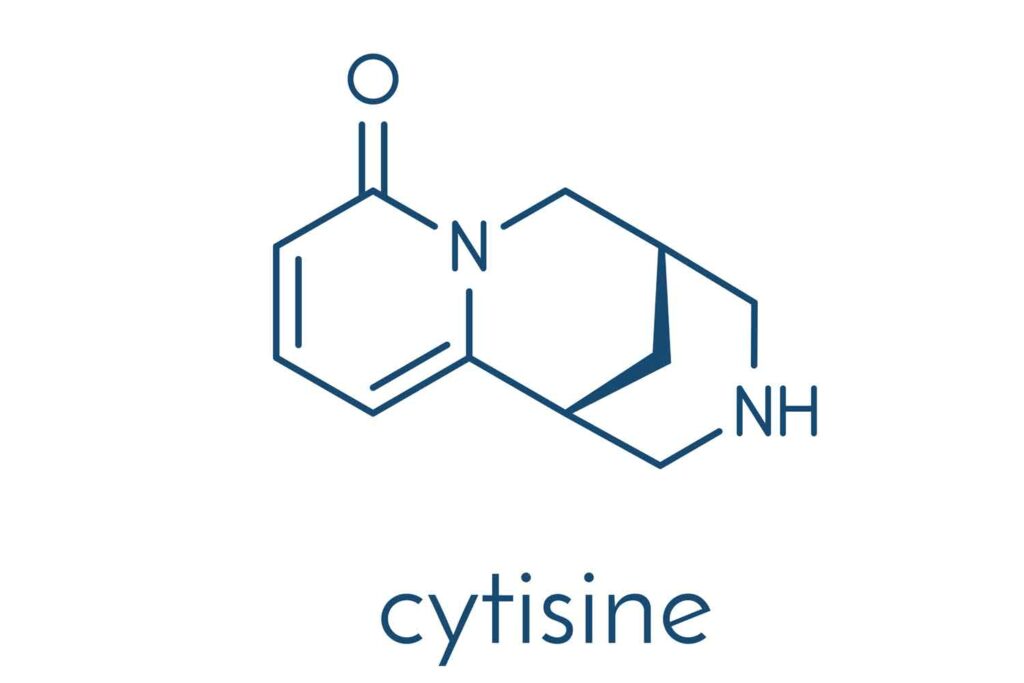Zimbabwe’s Tobacco Research Board (TRB) has advised tobacco growers to watch for crop diseases in the wake of heavy rains, reports The Herald.
When not properly managed, pests and diseases can drastically reduce yield and quality of tobacco. There are three key foliar diseases that are of major concern—angular leaf spot, frogeye leaf spot and Alternaria leaf spot. However, the TRB has established that a group of fungicides collectively known as strobilurins can be effective against both frogeye and Alternaria leaf spot diseases.
In addition to the risk of crop disease, the heavy rains are presenting extra challenges, such as weed control and ridge maintenance.
“One of the major challenges is leaching, a condition where elements such as nitrogen and potassium are washed beyond the root zone, making it impossible for the crop to access them, and deficiency symptoms may develop,” said George Seremwe, chairperson of the Zimbabwe Tobacco Growers Association.
“Incessant rainfall patterns tend to lead to excessive soil moisture content, which promotes unlimited nutrient loss due to leaching, resulting in poor quality leaf,” said Victor Mariranyika, president of the Tobacco Farmers Union Trust. “It also disturbs other farm operations, thereby compromising profitability, with human resources and machinery possibly failing to cope.”
Over 19,000 hectares have been put under irrigated tobacco crop in Zimbabwe for the 2023–2024 summer crop season, according to The Sunday Mail. This represents a 22 percent decline from the previous year.
Statistics from the Tobacco Industry and Marketing Board (TIMB) showed that 19,202 ha have been planted compared to the previous year’s 18,901 ha.
Currently, 112,906 growers have registered with the TIMB.
Tobacco is Zimbabwe’s largest agricultural export and second-largest single commodity export after gold.




















